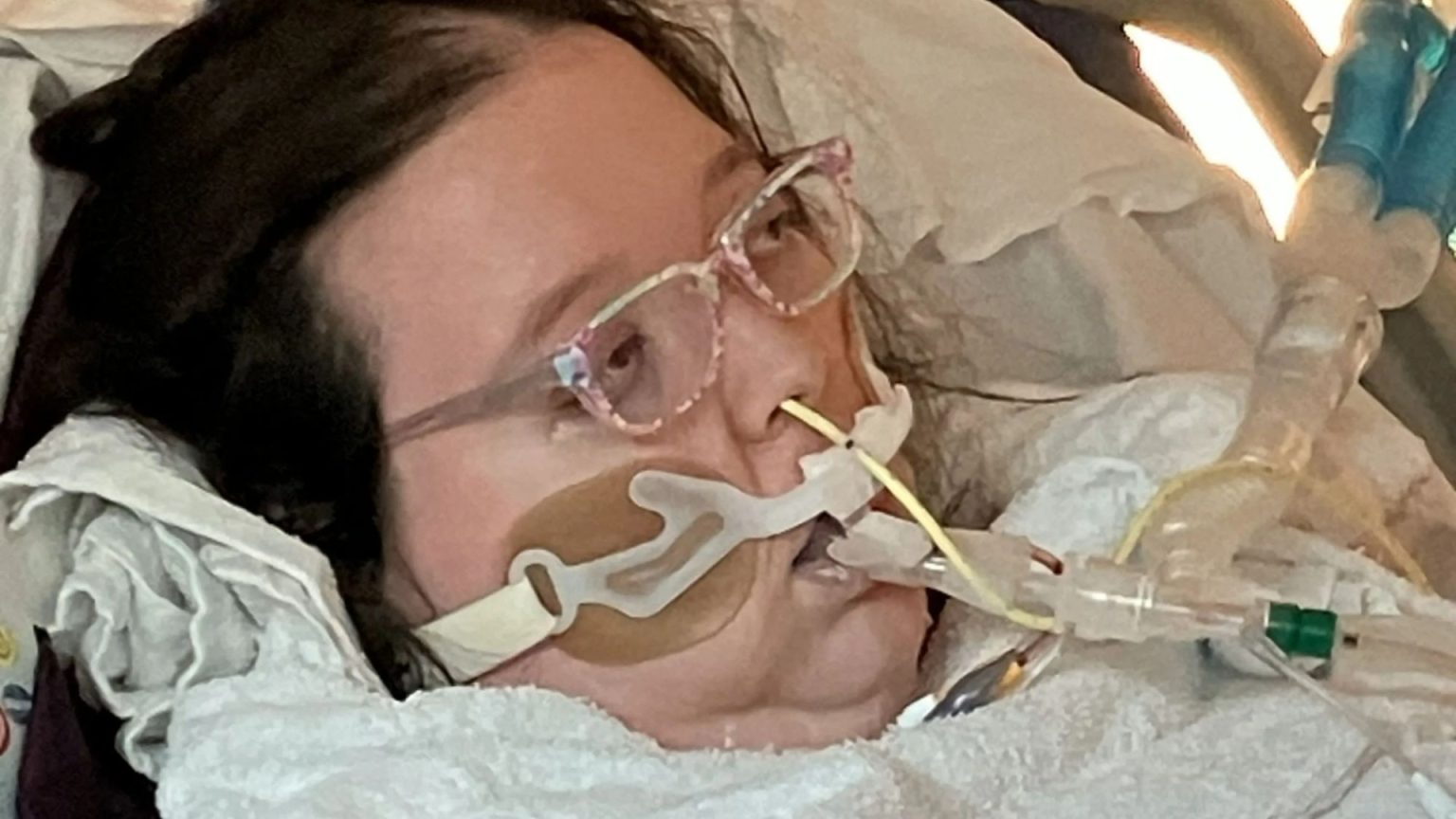In September 2022, Amanda Clark, a 30-year-old secondary school Latin teacher, experienced a life-altering event after consuming a seemingly harmless meal of chicken nuggets and fries. While dining out with a friend, Amanda, who has a known severe fish allergy, specifically chose this meal to avoid any potential allergic reaction. However, shortly after finishing her meal, she began experiencing alarming symptoms, including hives and a rapidly swelling tongue. Suspecting cross-contamination in the restaurant kitchen, Amanda administered her EpiPen, but her condition continued to deteriorate. She then drove herself to the hospital, where medical staff administered various medications, ultimately placing her in a medically induced coma. This initial incident marked the beginning of a protracted and harrowing medical journey for Amanda.
Following her induced coma, Amanda was transferred to a rehabilitation facility where she developed sepsis, requiring two surgeries. After a 47-day stay across four different hospitals, she was finally discharged in October, hopeful that her ordeal had come to an end. This period marked a significant disruption to Amanda’s life, impacting both her physical and mental well-being. The sudden onset of severe allergic reactions and subsequent medical complications left her vulnerable and uncertain about the future.
Unfortunately, Amanda’s health challenges were far from over. In February 2023, she experienced a second, even more perplexing anaphylactic reaction while driving home from work. The same symptoms – hives, swelling tongue, and difficulty breathing – reappeared without any discernible trigger. Despite administering another EpiPen and calling 911, Amanda’s condition remained critical. Doctors classified the reaction as idiopathic, meaning they couldn’t identify a specific cause. During her subsequent hospitalization, Amanda faced further setbacks, including temporarily losing the ability to swallow and suffering a stroke, potentially due to oxygen deprivation experienced during respiratory distress. She believes the stroke might be linked to the initial allergic reaction.
This second hospitalization stretched over several months, culminating in Amanda’s release on December 6th. The duration and severity of this second incident significantly compounded the challenges she faced earlier. The stroke resulted in paralysis on her right side, further limiting her mobility and independence. While she eventually regained some movement in her legs, her arm remained paralyzed for several months, further impacting her ability to perform everyday tasks.
Amanda’s experience highlights the complex and often unpredictable nature of severe allergies. While she diligently avoided known allergens, cross-contamination likely triggered her initial reaction. The second, unexplained reaction underscores the potential for allergic responses to occur even in the absence of obvious triggers, highlighting the need for constant vigilance and preparedness for individuals with allergies. The medical community’s inability to pinpoint the cause of the second reaction further emphasizes the complexities of allergic responses and the challenges in diagnosing and treating them.
As Amanda navigates her ongoing recovery, she faces a long road ahead, requiring continued rehabilitation and therapy. Her tracheostomy, necessitated by the respiratory issues, serves as a constant reminder of the severe health challenges she has overcome. Despite the physical and emotional toll of her experiences, Amanda displays remarkable resilience, expressing her deep desire to return to teaching. She finds solace in connecting with her colleagues and students, emphasizing the profound impact her work has on her life. Amanda’s story serves as a testament to the importance of carrying an EpiPen and seeking immediate medical attention when experiencing allergic reactions. Her unwavering spirit and determination to return to her profession underscore the power of resilience in the face of adversity.











